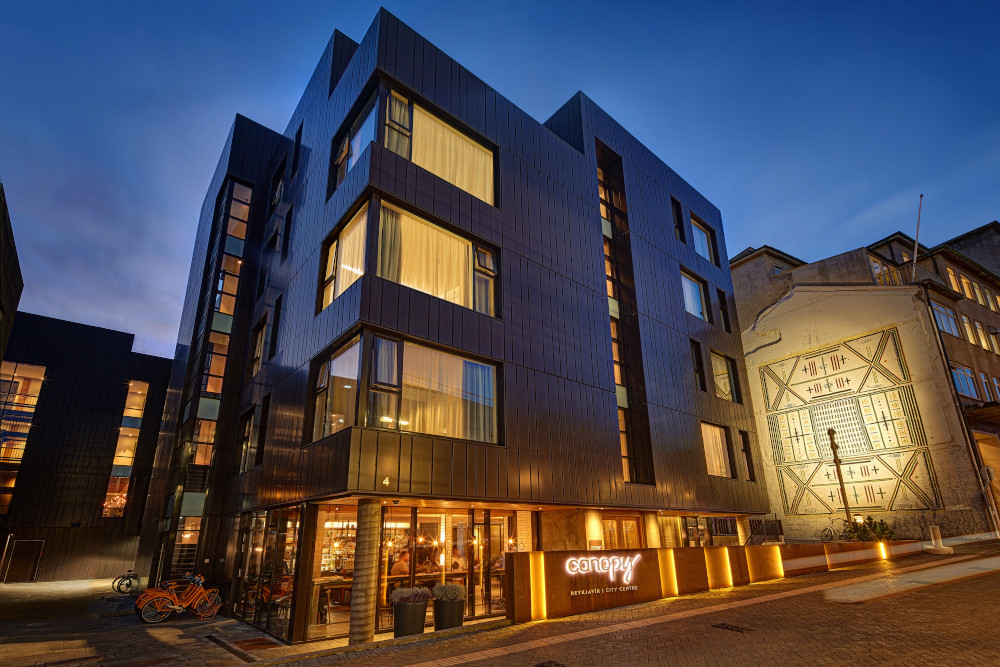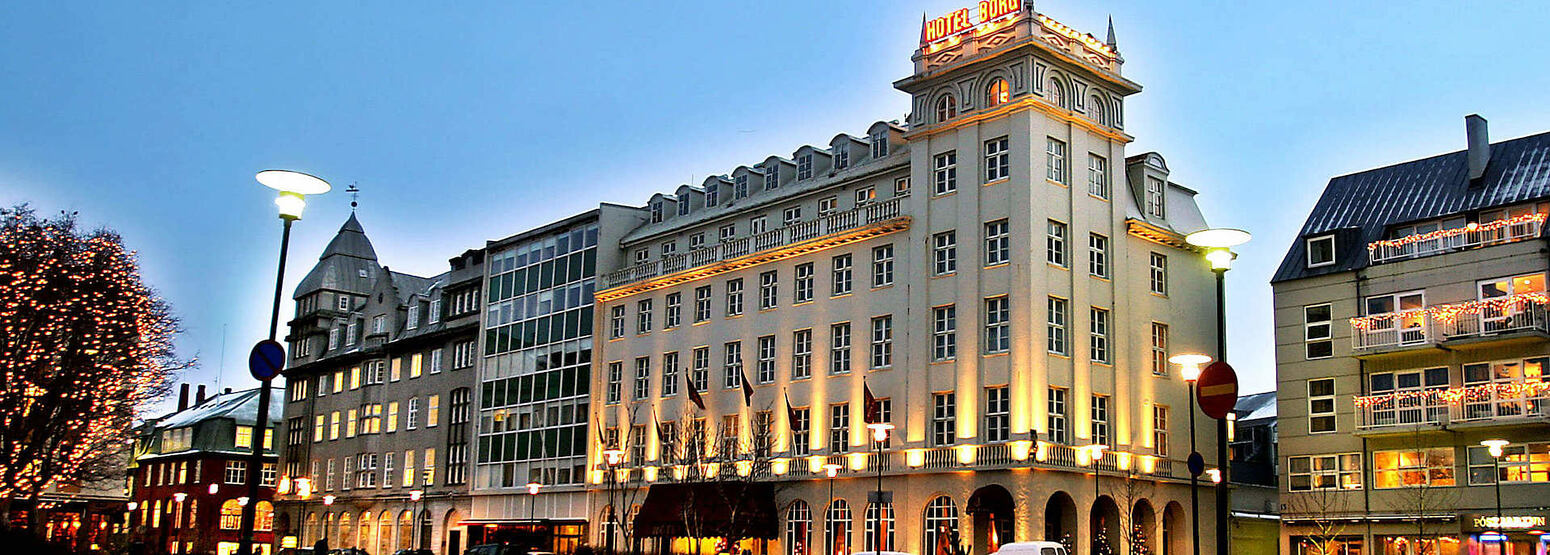Accommodation in Iceland: Where to Stay From Reykjavík to the Highlands
Accommodation in Iceland: Where to Stay From Reykjavík to the Highlands

Choosing the right place to stay in Iceland is just as important as planning your route. From luxury hotels in Reykjavík to simple highland huts in the wilderness, Iceland offers accommodation options for every style and budget. This guide explores the range of lodging available across the country, with tips on how to book, what to expect, and where to base yourself for the best experience.
Introduction to Staying in Iceland
Accommodation in Iceland reflects the country’s geography and culture. Options range from modern city hotels and boutique guesthouses to rustic cabins, campsites, and eco-lodges. Prices are generally higher than in many destinations due to Iceland’s isolation, high living standards, and strong demand. Travelers should book early—especially for summer (June–August) and popular areas along the south coast or Golden Circle.
Regardless of budget, travelers can expect cleanliness, friendly service, and a close connection to nature. For planning your journey, check our Top Destinations in Iceland and Travel Tips for Iceland pages to decide where to stay based on your itinerary.
Hotels & Luxury Stays

Reykjavík offers the widest range of hotels, from international chains to boutique properties. High-end stays like Hotel Borg and Canopy by Hilton combine modern design with Icelandic character. Luxury hotels outside the capital often focus on natural settings, such as the ION Adventure Hotel near Þingvellir or The Retreat at Blue Lagoon, known for spa indulgence and lava field views.

In Akureyri, the “capital of the north,” boutique hotels provide stylish bases for exploring the north’s waterfalls and volcanic landscapes. Along the Ring Road, you’ll find modern hotels in towns like Vik and Höfn, often offering views of glaciers, beaches, or mountains. Expect higher rates than in southern Europe, but also memorable stays with unique scenery outside your window.

Guesthouses & Farm Stays
Guesthouses are among the most popular forms of accommodation in Iceland. Usually family-run, they provide warm hospitality, hearty breakfasts, and a chance to connect with locals. Rooms may be simple but cozy, and shared bathrooms are common in smaller properties.
Farm stays are another option, offering immersion into Icelandic rural life. Guests may meet Icelandic horses, sheep, or chickens while enjoying home-cooked meals. Staying on a farm is a great way to support local communities and experience traditions firsthand. Many are located in the south and east, near waterfalls and scenic drives.
Hostels & Budget Options
For budget-conscious travelers, hostels offer affordable beds and social environments. Chains like HI Hostels operate across the country, while independent hostels in Reykjavík and smaller towns attract a mix of backpackers and families. Most provide shared kitchens, lounges, and helpful travel advice from staff.
Some hostels double as guesthouses, offering both dorms and private rooms. While Iceland is not a cheap destination, hostels provide value by letting travelers cook their own meals and share experiences with others.
Cabins, Cottages & Airbnbs
Renting a cabin or cottage is a favorite choice for those seeking independence and seclusion. Options range from rustic log cabins to modern designer cottages with floor-to-ceiling windows overlooking fjords or lava fields. Many come with hot tubs, perfect for stargazing or watching the Northern Lights in winter.
Self-catering accommodations allow travelers to prepare meals, reducing costs while offering comfort. Platforms like Airbnb and local booking sites list everything from cozy apartments in Reykjavík to countryside homes near hiking trails.
Camping & Campervans
Camping is one of the most adventurous and budget-friendly ways to explore Iceland. With over 170 campsites around the country, travelers can pitch tents or park campervans in designated areas. Facilities vary but typically include bathrooms, showers, and kitchens.
Campervans have surged in popularity, providing transport and lodging in one. They are ideal for Ring Road itineraries, though weather can be challenging outside summer. Wild camping is largely prohibited to protect nature, so always use official campsites. For eco-friendly tips, see our Sustainable Tourism in Iceland guide.
Highland Huts & Remote Lodging
The highlands, open mainly in summer, host a network of mountain huts run by the Icelandic Touring Association. These basic lodges provide bunks, shared kitchens, and shelter along trekking routes like the Laugavegur Trail. Reservations are essential, as demand is high in peak hiking season.
Remote guesthouses and lodges in the Westfjords or East Fjords offer another kind of escape. These places may lack luxury but make up for it with solitude, scenery, and authentic connections to the land.
Eco-Friendly Accommodation
Sustainability is a growing priority in Iceland’s hospitality sector. Many hotels and lodges are certified with labels like Nordic Swan Ecolabel or Green Key, recognizing efforts to reduce waste, conserve energy, and support local communities. Geothermal heating powers most accommodations, minimizing carbon footprints.
Travelers who want to align their stay with responsible tourism can choose eco-lodges, off-grid cabins, or certified hotels. These options allow you to enjoy comfort while knowing your trip contributes to conservation. Learn more in our Sustainable Tourism in Iceland page.
Tips for Booking Accommodation
- Book Early: Summer and holiday seasons sell out months in advance.
- Location Matters: Stay in Reykjavík for culture and nightlife, along the south coast for waterfalls and glaciers, or in Akureyri for the north.
- Budget Balance: Mix guesthouses and camping with splurges on unique stays like spa hotels or cabins.
- Self-Catering: Look for kitchens to save on meals in a pricey destination.
- Check Facilities: Not all accommodations include linens, towels, or breakfast—verify before booking.
By planning ahead and matching your lodging to your itinerary, you’ll maximize both comfort and value. For general advice, see our Travel Tips for Iceland guide.
Conclusion
Accommodation in Iceland is as diverse as its landscapes. From chic hotels in Reykjavík to rustic cabins under the Northern Lights, each option provides a different way to experience the island’s magic. Whether you choose the freedom of a campervan, the coziness of a guesthouse, or the indulgence of a spa resort, Iceland’s lodging reflects its culture of warmth and connection to nature. With early planning and thoughtful choices, your stay will be as memorable as the adventures outside your door.
